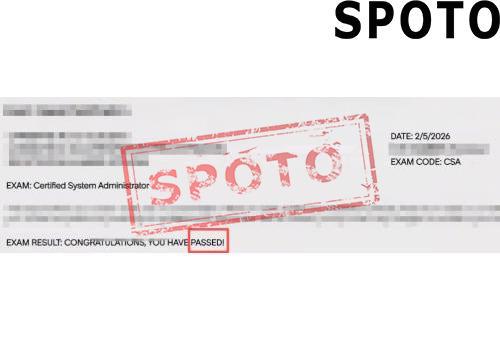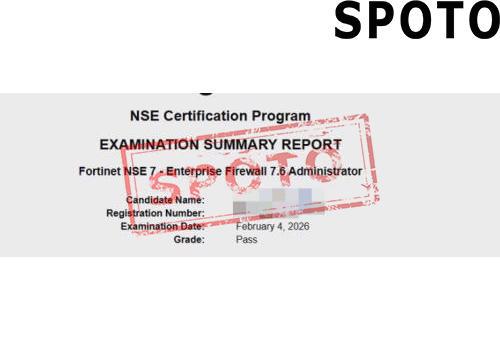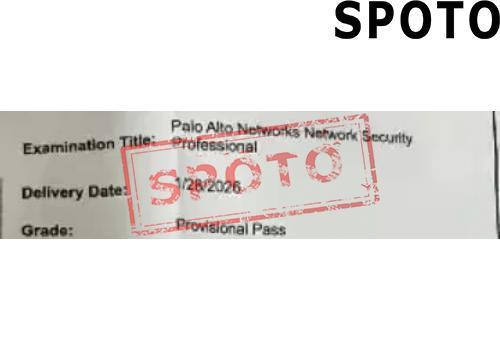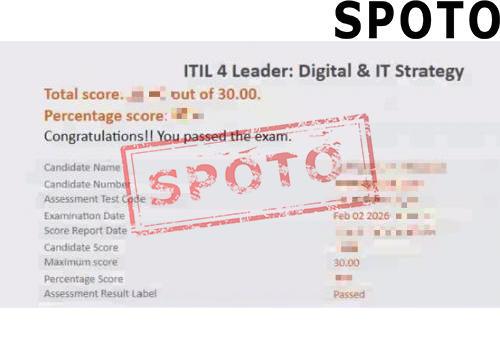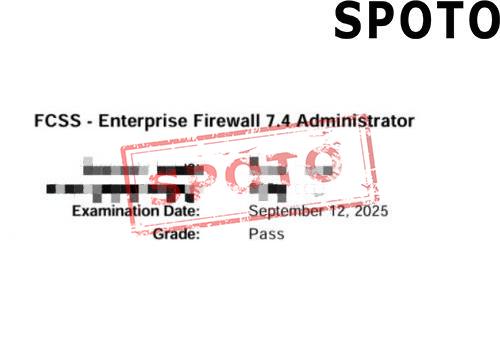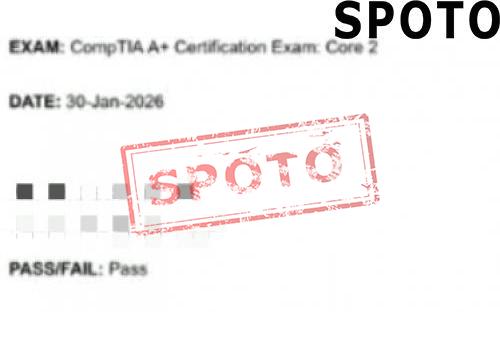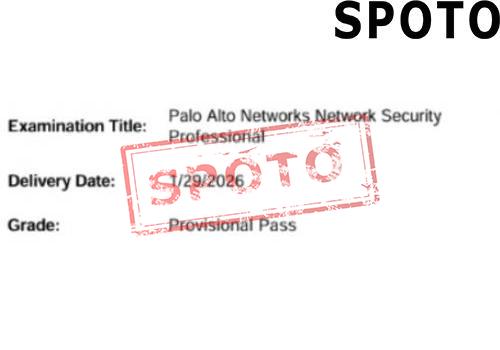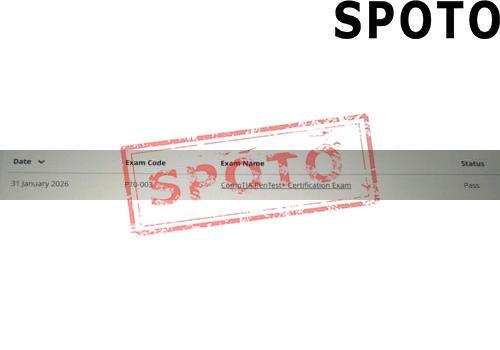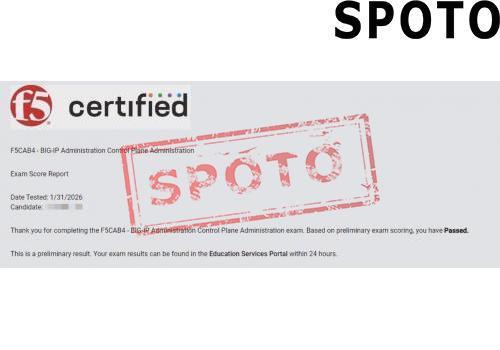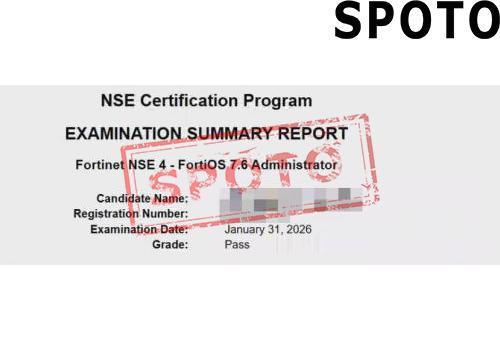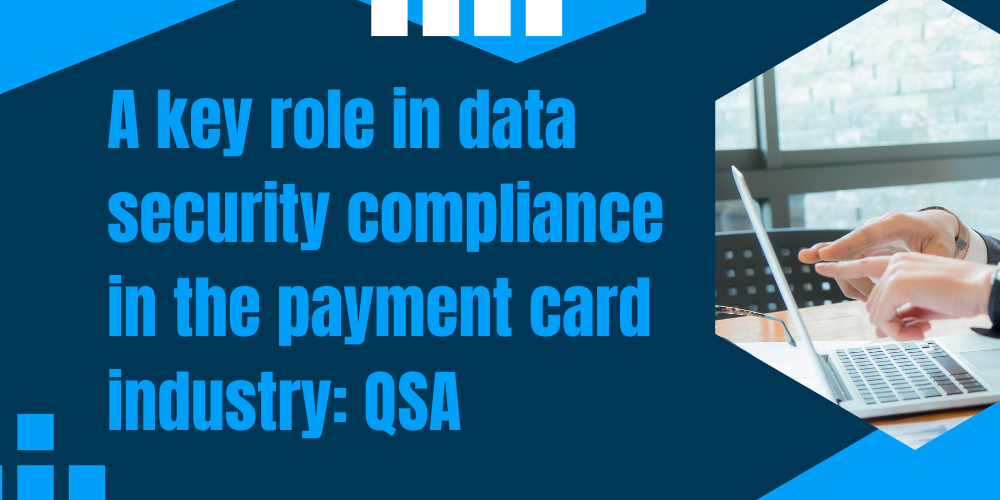
Table of Contents
- 1. Introduction to the Qualified Security Assessor certification
- 2. The Rewards of Being a Qualified Security Assessor (QSA)
- 3. Overview of the QSA Certification/Core Components of the QSA Certification
- 4. What are the requirements to be a qualified security assessor?
- 5. Comparable Certifications to QSA certification
Through this article, you will understand that QSA maintains the security and trust of the payment ecosystem and connects corporate compliance needs with industry standards.
1. Introduction to the Qualified Security Assessor certification
A Qualified Security Assessor (QSA), a professional credential accredited by the Payment Card Industry Security Standards Council, specializes in assessing an organization's compliance with the Payment Card Industry Data Security Standard (PCI DSS). PCI DSS is a global security standard for the payment card industry designed to protect cardholder data, and QSAs are the leading authority on compliance assessments for this standard.
In payment card transactions, merchants, financial institutions, payment processors, and other organizations handle large amounts of sensitive cardholder data. A breach can lead to significant fines, brand damage, and even business restrictions. A QSA's core role is to serve as a third-party verifier of PCI DSS compliance.
2. The Rewards of Being a Qualified Security Assessor (QSA)
For individuals, the QSA certification is a core endorsement of a practitioner's professional competitiveness and authority. QSA is a legal qualification for PCI DSS compliance assessments. Only certified individuals can lead or participate in formal PCI DSS compliance assessments and sign compliance reports. For practitioners seeking to enter the payment security and compliance consulting fields, QSA certification is a key stepping stone, particularly within financial institutions, third-party payment companies, and compliance consulting firms, where it is a preferred hiring requirement for positions such as senior security consultants and compliance managers.
Due to the high difficulty of achieving QSA certification and the scarcity of talent, certified individuals command significantly higher salaries than those in general information security positions. The certification process requires practitioners to fully master the 12 control domains of the PCI DSS, assessment methodologies, and practical skills, while also understanding the security risks of the entire payment card transaction process. This systematic training equips QSAs with cross-disciplinary security analysis capabilities, enabling them to address technical vulnerabilities and optimize process-level compliance.
For enterprises, practitioners with QSA certification provide a dual guarantee of compliance and security capabilities, helping them meet mandatory industry requirements and mitigate compliance risks. All enterprises that process, store, or transmit payment card data must undergo a PCI DSS compliance assessment, and the assessment report must be signed by a QSA for payment card brands to recognize it. Failure to pass the compliance assessment can result in significant fines, restricted transaction permissions, or even business termination. QSA assessments help enterprises accurately identify non-compliance issues and provide remediation plans to ensure compliance with regulatory requirements.
The core of PCI DSS compliance is the protection of cardholder data. A QSA assessment is more than just a "compliance check"; it is a comprehensive security health check. Through assessments, enterprises can uncover hidden security vulnerabilities and, under the guidance of QSAs, establish long-term security mechanisms to mitigate the risk of data breaches at the root. According to PCI SSC statistics, enterprises that have passed QSA assessments and maintained ongoing compliance experience a data breach rate over 60% lower than those that have not.
Having a compliance report signed by a QSA is a public demonstration of an enterprise's security capabilities, signaling to partners and customers that data security is under control. Especially in cross-border payment scenarios, a QSA-certified compliance report serves as a "passport" to enter international markets.
3. Overview of the QSA Certification/Core Components of the QSA Certification
The work of QSA revolves around PCI DSS compliance assessments. Practitioners need to conduct a comprehensive review of the organization's payment card data processing environment based on the PCI DSS standard, including network architecture, system configuration, data storage and transmission methods, security policies, etc.; identify non-conformities; and make rectification suggestions to help the organization meet compliance requirements.
In addition, verifying the effectiveness of security control measures, such as whether the firewall configuration complies with the principle of least privilege, whether encryption technology is correctly applied, and whether the access control mechanism is implemented, and reviewing vulnerability management processes, security monitoring and log analysis, security awareness training, etc. are also part of their work. It also includes report writing, recording in detail the scope of the assessment, methods, problems found and rectification plans. The report needs to be submitted to the payment card brand or acquiring institution, communicating with the organization's IT team and management on compliance requirements, explaining the risks of non-conformities, guiding the implementation of rectifications, and so on.
4. What are the requirements to be a qualified security assessor?
(1) Qualification prerequisites:
Practitioners must have solid information security knowledge, usually requiring more than 5 years of experience in IT security or the payment industry, be familiar with the payment card data processing process, and be affiliated with a PCI SSC-approved QSA company.
(2) Training and examinations:
Practitioners need to complete the PCI SSC-designated QSA training course (usually 3-5 days), learn the details of the PCI DSS standard, assessment methodology, report writing requirements, etc., and pass rigorous examinations, including written and practical assessments, to demonstrate their understanding of the standard and assessment capabilities.
(3) Qualification maintenance:
Certifications must be recertified every 3 years, and continuous education, PCI DSS standard update training, and active assessment practice must be completed. Regular participation in compliance assessment projects ensures that skills are in sync with the industry.
5. Comparable Certifications to QSA certification
- Certified Information Systems Auditor (CISA)
- Payment Card Industry Forensic Investigator (PCI FFIEC)
- Certified in Risk and Information Systems Control (CRISC)
- Certified Cloud Security Professional (CCSP)
